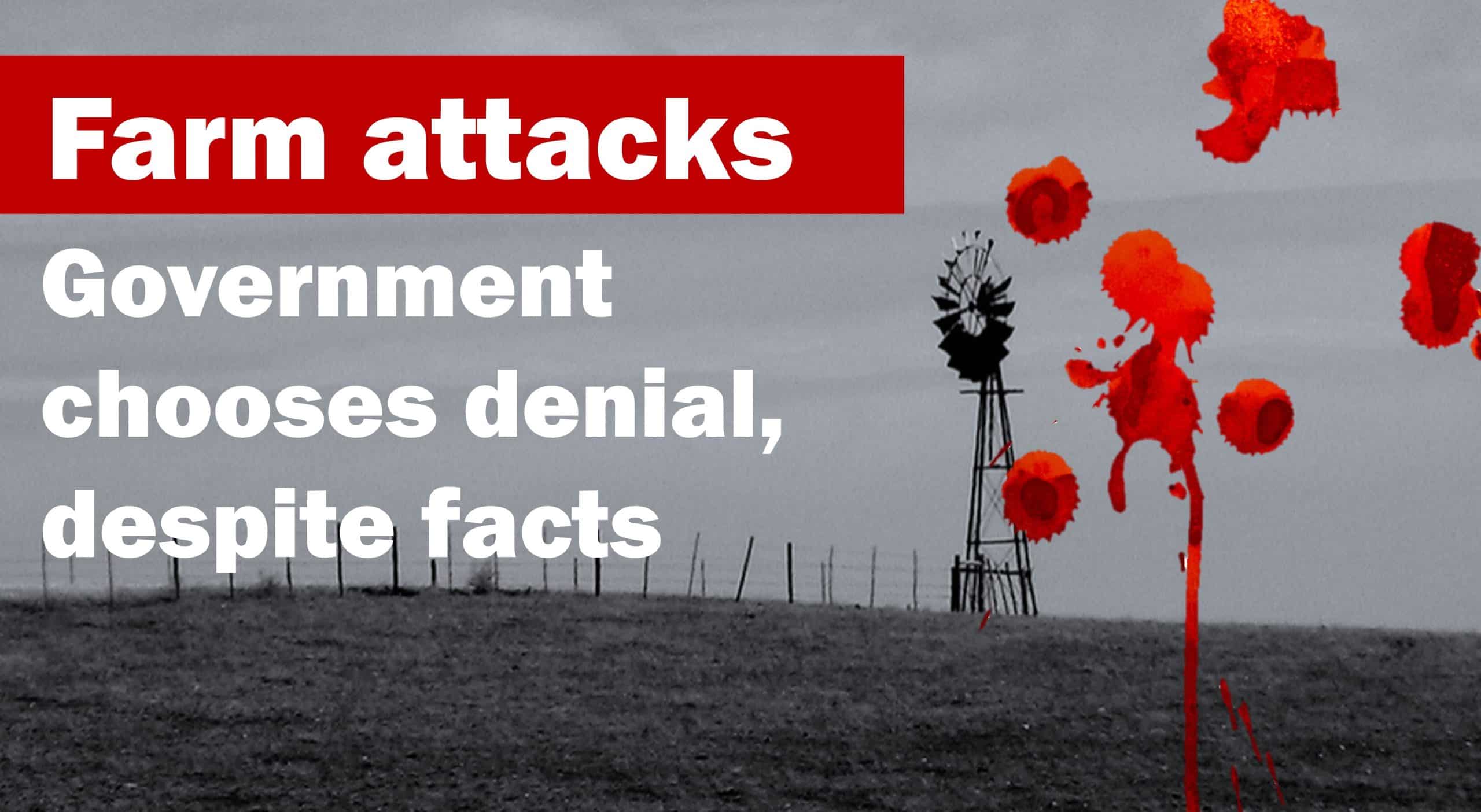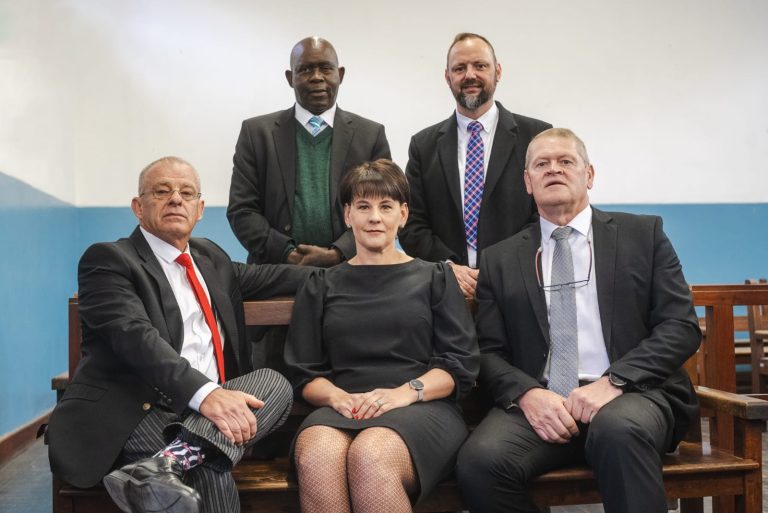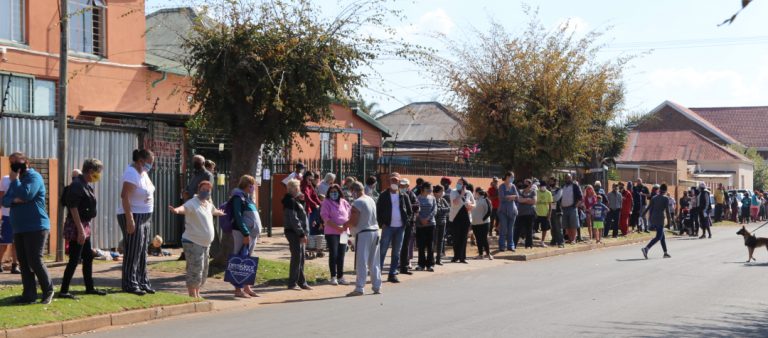Farm Attacks: AfriForum slams government for again choosing denial despite facts
AfriForum considers the attempt by the Department of International Relations and Cooperation (DIRCO) to deny the existence of any racial and political motivation for farm attacks as further proof that the government chooses denial over accountability and facts. In response to a report by the US Department of State, DIRCO yesterday argued that allegations that farm attacks are racially motivated or driven by racial rhetoric are unfounded. AfriForum maintains that DIRCO is attempting to downplay the seriousness of farm attacks.
DIRCO’s claim that farm attacks are simply part of general crime ignores decades of evidence that point to the contrary.
According to Jacques Broodryk, AfriForum’s Chief Spokesperson for Community Safety, the government is conveniently highlighting the last quarter’s available statistics to claim that there is no “pattern of action driven by inflammatory racial rhetoric against a specific community”. “This statement deliberately avoids a historical reality, namely that farm attacks have plagued the country for decades and many attacks carry clear racial and political undertones,” Broodryk explains.
AfriForum emphasises that several examples of this exist:
- In 1999, Ntutoko Chuene, a convicted farm murderer, openly admitted that the “Kill the Boer” chant influenced his crime.
- In 2018, the attackers who targeted a farm outside Porterville first painted the words “Dubul’ ibhunu” (“Kill the Boer”) on the front door of Tobie van Schalkwyk and Desiree Taylor-Van Schalkwyk’s farmhouse before assaulting the couple a few weeks later. Desiree was sexually assaulted, and Tobie was doused in petrol with the intention of setting him on fire.
- In 2023, farm attackers shouted “Kill the Boer, kill the farmer” while assaulting Amanda Platt on a farm outside Pietermaritzburg.
According to Broodryk, these attacks are not random acts of opportunistic crime. “These are hate crimes, motivated by dangerous rhetoric that the government consistently refuses to condemn. There are many more examples where racist utterances have been made during farm attacks, yet the authorities continue to look away,” Broodryk continues.
“The government’s refusal to acknowledge the true nature of these attacks and its silence when politicians or others incite violence against minorities through, among other things, the ‘Kill the Boer’ chant, is part of the problem. By denying what is plain to see, the government is not only failing victims; it is encouraging perpetrators.”
AfriForum reiterates that until farm attacks are recognised as priority crimes and addressed with the required urgency, rural communities will remain under siege.
“The country and its people deserve more than statistics manipulated to fit a narrative of denial – they need truth, concrete action and leadership that condemns all forms of hatred,” Broodryk concludes.











